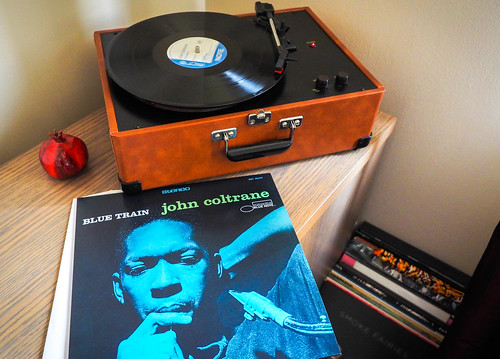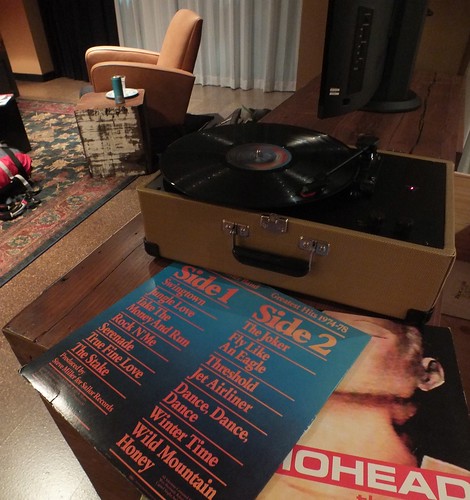
Next week sees the next step of the process leading towards the UK Referendum about the European Union.
We have to go through the Cameron negotiation process first. It's salutary to think that even the four points he's taken into this round get diluted down to something about red cards and emergency brakes. That's after his army of sherpas have been dispatched in advance to smooth the path.
I worry that the bigger picture around the European Union gets lost in Cameron's four point debate about protection for non-euro countries, competitiveness, end to 'ever closer union' and benefit restrictions. Some of these are relative no-brainers, yet none have been negotiated with clarity and all can be held up in bureaucratic wrangling such as deferment until treaties are renegotiated. Truly the long grass.
It's also worth remembering the old phrase about "if you are not at the table then you are on the menu". If it is difficult to negotiate these four points, what would it be like from outside of the tent if Britain exits?
There's a much longer list of things to resolve around trade, foreign direct investment, liberalisation, industrial policy, immigration, financial services, influence, budgets and uncertainty.
I'm sure the remaining 480m EU bloc will want to play around with some of the terms applied to their 70m UK "outsiders but close friends". Like the 50 or so trade deals that EU has with rest of the world and which Britain would need to redevelop.
And take a Brit speciality like financial services. Presumably Frankfurt already has some ideas about ways to refill some of its fancy downtown buildings?

We could get years of a kind of uncertainty, during which time we'd probably see some UK based organisations looking elsewhere for stability. It could become a great opportunity for the EU to pick off a few of the highly profitable parts of the Brit economy, particularly when Britain, through to 2025, is having to run around fire-fighting the things it needs to renegotiate.
The 'be like Norway' argument doesn't work for me. Norway is a physically large country with huge financial reserves stashed away derived from its oil production, yet a whole country population that is smaller than London. Some things just don't work when rescaled.
It troubles me that the largest UK party representing Britain in the EU is UKIP, which has 26 seats of the UK's 73. Their leader is reining in his expense boasts nowadays, but seems to live well from his EU-funded remuneration and
expenses.

It needed an average of around 153,000 votes to vote in the MEPs in 2014, with a total of 4.3m votes. The next three parties yielded another 9m votes from an overall total of 16m votes, roughly half the 30.6m turnout for the 2015 general election.
Of course having years of the largest single party of UK MEPs saying they want 'out' drip feeds a kind of sabotage of UK's representation in the whole process.
























